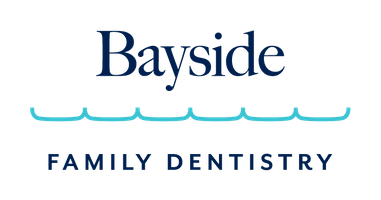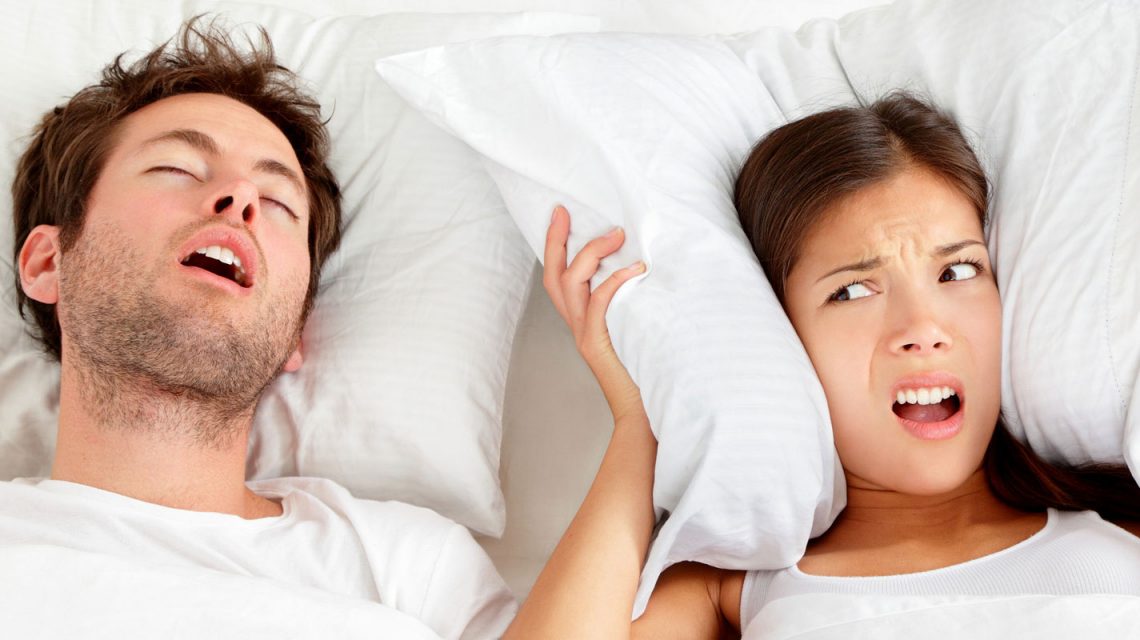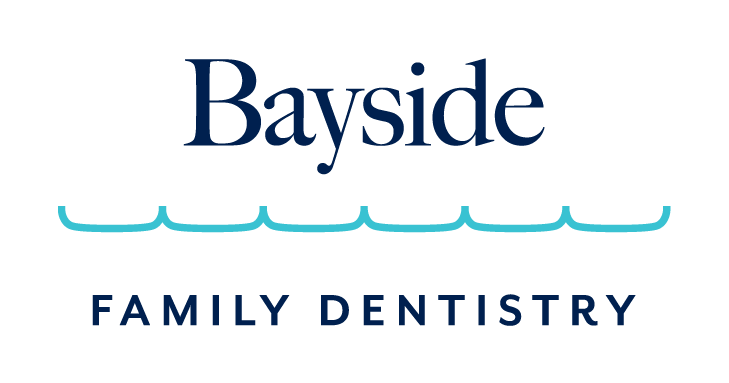What is Sleep Apnea?
Sleep apnea is a serious disorder, potentially life-threatening, that occurs when breathing is interrupted during sleep. 60% of men and 40% of women over 40 have sleep apnea. People who have this will:
- Repeatedly stop breathing
- Snore
- Have daytime tiredness which leads to an increase in motor accidents. Cripes!
What health impacts can Sleep Apnea have?
Sleep apnea has high associations with:
- High blood pressure
- Stroke
- Heart attack
- Diabetes
- Depression
What types of Sleep Apnea are there?
There are two types of Sleep Apnea: Obstructive Sleep Apnea and Central Sleep Apnea.
Obstructive Sleep Apnea
This is the more common of the 2 and is caused by blockage of the airway, by the collapse of the soft tissues of the mouth and throat.
Central Sleep Apnea
The brain fails to signal for muscles to breathe.
What are the symptoms of Sleep Apnea?
There are many symptoms to Sleep Apnea. Some examples follow but it is best if you feel you or a loved one to be a sufferer, that they come in toe BFD for a check and discussion.
Sleep Anpea symptoms include:
- Choking or gasping
- Repeatedly waking from sleep
- Feel tired during the day
- Morning headaches
- Dry mouth
Who is at risk from Sleep Apnea?
Anyone can suffer from Sleep Apnea at any age… that’s the scary thing!
Those most at risk are:
- Overweight male over 40 years old
- Large neck circumference
- Large tongue or tonsils
- Small jaws
- Family history of sleep apnea
- Reflux
- Blocked nose ( deviated septum, allergies, or sinus)
What does Sleep Apnea mean for my teeth?
As you snore, the teeth grind against each other with a ridiculously, heavy force. The cheek muscles the masseters are one of the strongest muscles in the body and transfer the force to teeth. Long term, this means
- Sore jaws and muscles
- Cracked, chipped teeth
- Future root canal treatments and crowns! Maybe a lost tooth
- Have you ever woke yourself up by snoring? Did anyone ever say you snore?
How do I get a Sleep Apnea assessment?
Suzanne is the first port of call to assess your risks of sleep apnea. She works closely with an Ear Nose Throat specialist and will ref to them if she suspects sleep apnea.
A sleep test may be advisable. This is not scary at all, no wires or monitors and it is done in your own bed.
After the test Suzanne will liase with ENT and treatment treatment.
What Sleep Apnea treatments are available?
After your assessment, Suzanne will work closely with the ENT specialist to determine viable treatment options. Multiple treatments exist, we’ll work very hard to find the right one for you! Some treatments may involve:
- Surgery
- Cpap machine
- Nighttime splint
- Combination of above
- None of the above
Patients who have been assessed by Suzanne and had treatment for sleep apnea have claimed now they are different people and they didn’t know what it felt like to have a good night’s sleep until now.
A quick assessment could save , yes your teeth but also your life!
Big huh?


